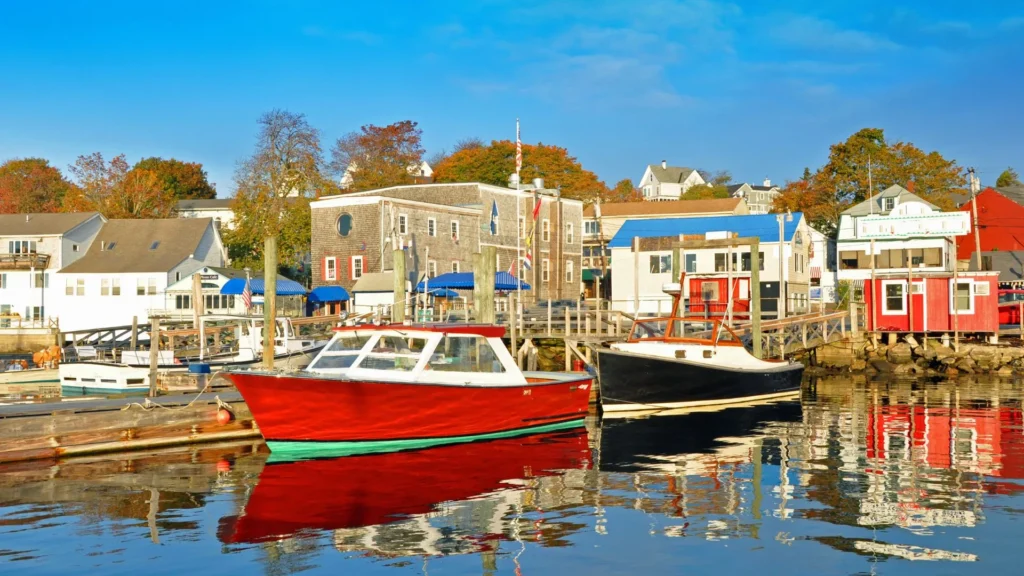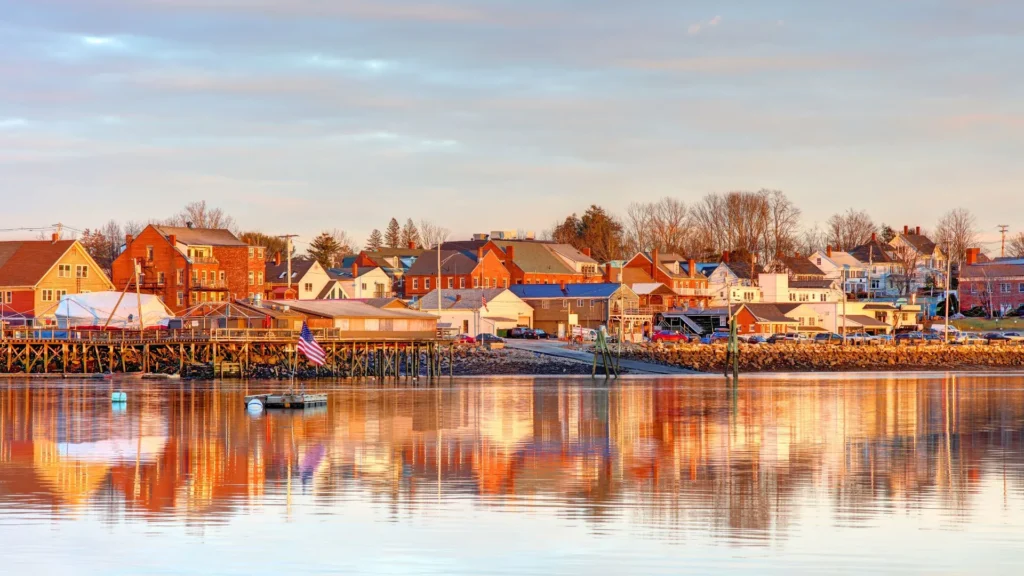
Featured Communities
Search by population below.
What We Do
At ExploreMaine.US, we’re proud to be the #1 community discovery platform in Maine, helping people see why the Pine Tree State is the best place to live, work, and play.
We bring every corner of Maine to life with in-depth digital guides that showcase the unique character of each community and county. Whether you’re a home buyer searching for the perfect neighborhood, a commercial developer exploring growth opportunities, or a visitor looking for authentic Maine experiences, our platform is your trusted resource.
Our mission is simple: to connect people with the opportunities and lifestyle that only Maine can offer. From vibrant coastal towns to quiet inland communities, we highlight the history, culture, real estate, and business potential that make every community worth discovering.
By featuring every community and county across Maine, ExploreMaine.US is more than a website—it’s a powerful tool for families, investors, and travelers who want to make informed decisions and fully experience the best of Maine.
Explore Maine. Discover opportunity. Live the life you’ve been dreaming of.
















